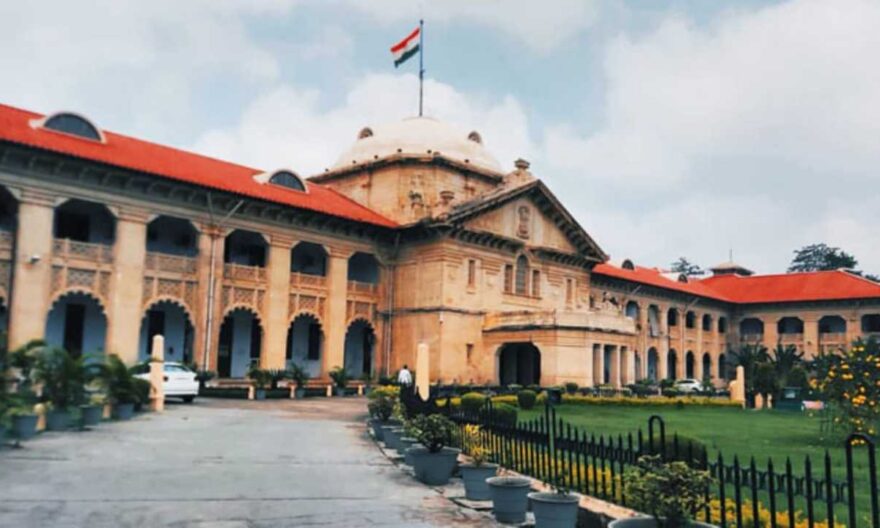
Allahabad High Court has said that if a Hindu marriage is performed without traditional rites then that marriage is not a valid marriage. Therefore, the court cannot pass any order for any action against the Wwoman in such alleged marriage.
In fact, a petition was filed in the Allahabad High Court in which a woman named Smriti Singh, challenged the order of the lower court and sought relief. During the hearing in Allahabad High Court the lawyer appearing on behalf of petitioner Smriti Singh’s husband (respondent) said that Smriti Singh has married another person without taking divorce.
Responding to a petition filed by Smriti Singh, Justice Sanjay Kumar Singh said, “It is firmly established that the word ‘anusthan’, when referring to a marriage, signifies the celebration of marriage in accordance with proper rituals and prescribed formalities. , Unless a marriage is celebrated or solemnized with proper ceremonies and in a proper form, it cannot be considered solemnized.”
“If the marriage lacks validity under the applicable legal provisions, it is not recognized as a valid marriage. According to Hindu law, the ‘Saptapadi’ ceremony is a fundamental component required to establish the validity of the marriage Unfortunately, such evidence is lacking in the present case.
The court also cited Section 7 of the Hindu Marriage Act, 1955, which states that a Hindu marriage can be solemnized in accordance with the traditional customs and ceremonies of either party. These rituals and ceremonies include ‘Saptapadi’ (the ritual where the bride and groom jointly take seven steps around the sacred fire), which makes the marriage complete and binding upon completion of the seventh step.
The Allahabad High Court on April 21, 2022 quashed the legal proceedings in the case of summons issued against Smriti Singh and a subsequent complaint filed against Smriti Singh in the Mirzapur court, saying “there is neither any mention of ‘Saptapadi’ in the complaint nor Corroborative evidence has been produced. As a result, this Court finds no prima facie evidence of crime against the petitioner. Her husband has also not been able to provide evidence that she has remarried.
The petitioner, Smriti Singh, tied the knot with Satyam Singh in 2017, but due to ups and downs in the relationship, she moved out with her in-laws and filed an FIR alleging dowry harassment. After investigation, the police registered a case against the husband and in-laws. Subsequently, Satyam filed an application to higher police authorities accusing his wife of bigamy. The application was thoroughly examined by the Circle Officer Sadar, Mirzapur, who concluded that the allegations of bigamy against Smriti were baseless.
In response, Satyam initiated a complaint case on September 20, 2021, accusing his wife of, among other things, having a second marriage. The magistrate in Mirzapur summoned Smriti on April 21, 2022. Consequently, he filed the present petition before the High Court challenging the summoning order and the entire legal proceedings.
Counsel for the petitioner-wife argued that the above complaint and summons order were retaliatory actions in response to the FIR filed by them against Satyam’s family members.





